Technology innovations are transforming healthcare into a digital healthcare market across the world. The market is divided into two primary segments: Fitness & well-being and eHealth. Mobile apps, connected devices, telemedicine, and technological trends have disrupted both segments.
Thanks to mainstream usage of smartphones and the internet, healthcare organizations can now access significant patient data in real-time, offering solutions infused with advanced technologies like AI, ML, and IoT.
Not only data but healthcare app development has also become a threshold of an additional revenue source for healthcare organizations. According to Statista,
Only in the Netherlands, digital health market revenue is expected to cross US$1.36bn by 2027, with an annual growth rate (CAGR 2023-2027) of 7.99%.
By developing a Healthcare app, your organization can gain a competitive edge and earn additional revenue, enhancing customer experience simultaneously. This guide revolves around how healthcare companies– nursing homes, healthcare institutions, hospitals, medical centers, or fitness and well-being services providers– should begin with app development.
Why develop a Healthcare Mobile App?
In an increasingly connected world, the development of healthcare mobile apps has become a transformative strategy for healthcare organizations, offering a multitude of benefits for both healthcare providers and their customers. Let’s delve into why healthcare mobile apps have become indispensable in today’s healthcare landscape, illustrated by real-life examples.
Healthcare App Development Benefits for Healthcare Organizations:
Enhanced Patient Engagement: Healthcare apps facilitate direct and continuous engagement with patients. Consider “Pfizer MedConnect,” an app created by pharmaceutical giant Pfizer. This app offers patients personalized medication information, treatment reminders, and access to support resources, leading to improved patient adherence to treatment plans.
Streamlined Administrative Processes: Apps can simplify administrative tasks for healthcare providers. “Doctolib,” a popular app in the Netherlands, allows patients to book appointments with their healthcare providers seamlessly. It also assists healthcare organizations in managing appointments and reducing no-shows.
Access to Real-Time Data: Mobile apps enable healthcare providers to access patient data in real-time. “Epic Systems,” a renowned electronic health records (EHR) provider, offers an app that grants healthcare professionals immediate access to patient records, allowing for timely and well-informed decision-making.
Remote Monitoring: Healthcare organizations can remotely monitor patients with chronic conditions using apps. “Philips eCareCompanion,” for instance, allows providers to monitor patients’ vital signs and health data remotely, reducing hospital readmissions and improving overall care quality.
Benefits for Customers:
Convenience: Healthcare apps offer unparalleled comfort. ZorgDomein, DoctorOnDemand, and My HealthOne are some most used telemedicine apps in the Netherlands. These apps enable patients to consult with healthcare professionals from their homes. It provides a convenient and accessible healthcare option, especially for minor illnesses.
Health Monitoring: “Fitbit” is a prime example of a wearable device and app combination that allows individuals to track their health metrics. Users can monitor their heart rate, steps taken, sleep patterns, and more, helping them make informed decisions about their lifestyles and well-being.
Health Education: Apps provide valuable health information. “Thuisarts,” a Dutch healthcare app, offers comprehensive information about medical conditions, treatments, and preventive measures. Users can educate themselves about various health topics, enhancing their health literacy.
Medication Management: Healthcare organizations can eliminate the risk of double or miss doses by providing medication management apps. For example, “MedApp: Jouw MedicijnApp,” a medication management app in the Netherlands, assists users in managing their medications. It provides reminders for pill doses and refills, reducing the risk of missed doses and medication errors.
That said, healthcare apps not only improve patient care and engagement but also streamline healthcare processes for providers. In an era where technology is shaping the future of healthcare, you can also create a healthcare app as a beacon of innovation. Consequently, you will be able to offer convenience and information and contribute to enhancing care experiences for users across the healthcare spectrum.
Business Cases For Healthcare Mobile App Development
EMR and EHR apps
The electronic health record or electronic medical record is an electronic system designed to store and manage all health-related information for individual patients. An EHR/EMR helps keep patients’ health information safe, accessible, and secure. Besides, it makes it easier for clinicians and their staff to record and manage the health information of their patients on one single platform.
As part of our shift to more health information technology, electronic health record systems are being converted to mobile systems. Patient data has become accessible from anywhere, anytime, as a result of this transformation.
Learn more about developing a next-gen AI-driven EHR system in this free guide.
Telehealth and Telemedicine apps
Telehealth apps aim to make doctor consultation accessible and convenient using telecommunication technology. Moreover, such apps entail in-app chat and video call facilities, allowing patients to book and attend doctor visits right from the comfort of their homes. Since patients can visit their doctor virtually, it reduces no-shows.
Healthy Lifestyle apps
Under the category of lifestyle, such apps comprise functionalities that help people take good care of their health. Most often than not, healthy lifestyle apps let users set health-related goals, such as fitness goals or meditation goals. Then, they can get recommendations to achieve their targets. Besides that, users can also track their progress.
Mental health and therapy apps
The mental health and therapy app is an app that uses the latest technology and AI to help people connect, find support and track their own progress to achieve their goals. From reaching a healthier weight, managing stress, quitting smoking, or improving relationships, users can seek help for anything. Thousands of mental health organizations and professionals also use this app to offer their therapy services.
Hint: AI and IoT are two prominent Healthcare technology trends in the market, but they are not only.
E-Prescription apps
An E-prescription app is a mobile app that allows patients to request prescriptions from their doctor electronically. Or get it delivered from the nearest pharmacy online. The app works almost exactly like traditional in-person prescription requests, except that it is done through a smartphone instead of in person.
The app saves patients time, reduces doctors’ costs, and enhances the patient experience. Such apps earn revenue via subscription plans, ads, and transaction fees.
Examples of Successful Healthcare Apps
It is always better to dig into the apps available in the mobile healthcare app market. The practice helps you create an out-of-the-box app that stands out in the crowd and guarantees success.
Service Apotheek
You can say it’s an eHealth app. Service Apotheek is a leading healthcare app from the Netherlands that offers a wide range of pharmaceutical services and products. The app makes medicine management easier by offering an intelligent pillbox related to users’ medicine needs, providing insights into their medications.
WebMD
WebMD provides an all-inclusive healthcare app for iPhone in the Netherlands, monitoring symptoms, learning conditions, and finding physicians from a single app. The app also allows Dutch people to get prescribed medication from their local pharmacy and set medication reminders. So basically, it’s also an eHealth app.
Minddistrict
Another market leader in Dutch eHealth and digital well-being, Minddistrict helps users improve their mental health. The app allows users to connect and chat with their therapist, keep a diary of their habits, track sleeping patterns, and tackle negative habits.
Headspace
The subscription-based solution to stress caused by the hectic lifestyle, the Headspace app connects users with professionals to guide them with meditative practices. Headspace users can also track the history of their mindfulness and meditation exercises and add friends and family members on the app, too. Headspace is available for both iOS and Android devices.
Teladoc
Bringing the one-stop solution to a broad spectrum of health and well-being, Teladoc helps users maintain good health lifelong. Its services include physical and mental healthcare services, support for chronic and complex health conditions, on-demand urgent care, virtual care, and more. Teladoc also offers a bonus functionality for iOS users, i.e., smooth integration with AppleHealth.
MySugr
It is an app for patients with diabetes developed by business people with diabetes to make it painless to manage your diabetes. It provides patients with a diabetes logbook, a personalized dashboard to see blood sugar levels, secure backups, and daily/monthly/yearly reports shareable with doctors. In addition, MySugr is also compatible with AppleHealth and various diabetes devices.
Read Also: Be A Leader Of Everyday Health With Diabetes Tracker App Development
Medisafe
One of the top cloud-synced medication management and pill reminder apps, allowing users to keep up with medication schedules. It is a user-friendly app that also lets users customize their daily alerts to take medicines.
The app ultimately ensures users don’t forget to take their pills at the prescribed time or take double doses. Furthermore, users can also manage and keep track of medications for their loved ones and notify them if they don’t take them.
Read Also: How to Develop a Pill Reminder & Medication Tracker App like Medisafe?
HealthTap
HealthTap is a virtual-first medical and health app that provides high-quality physician care 24/7 at affordable prices. The app also allows patients to schedule recurring appointments with their doctor. Users can choose from multiple subscription plans offered by HealthTap to find doctors, search for symptoms, or online therapy as per their needs.
How does AI Influence Healthcare app development?
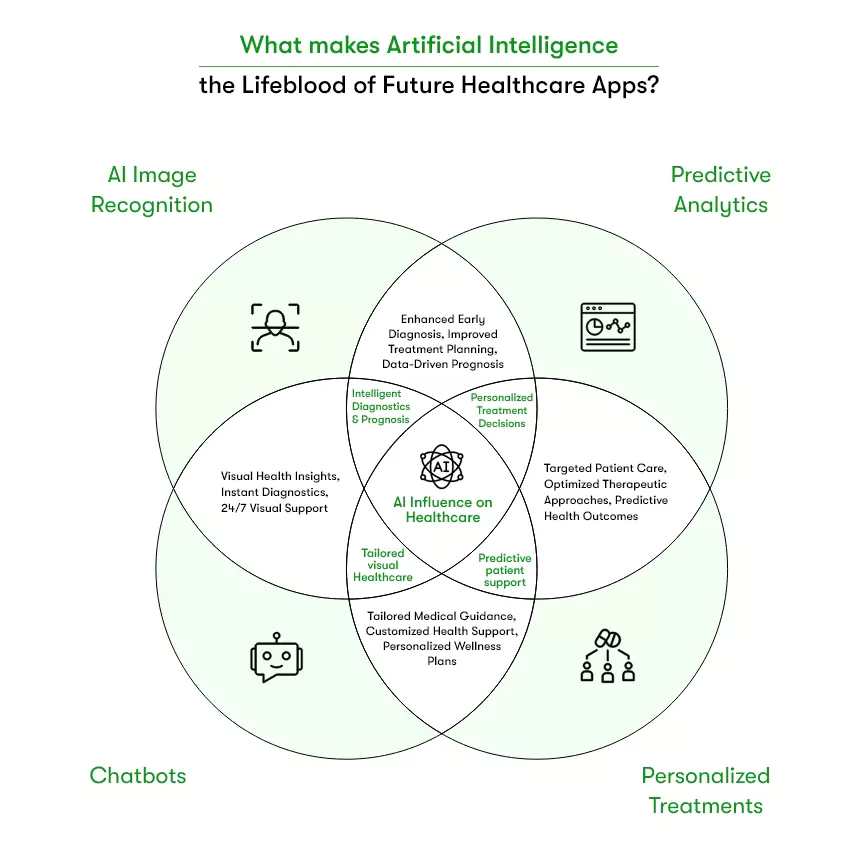
Artificial Intelligence (AI) has emerged as a transformative force in healthcare app development, revolutionizing how healthcare organizations operate and how patients access care. AI’s capabilities extend beyond mere automation; it empowers healthcare apps to harness data, enhance decision-making, and offer personalized experiences.
Here, we’ll explore AI’s pivotal roles in healthcare app development, providing insights for you to decide mindfully whether to incorporate AI into your healthcare app.
Interpret Medical Images 10x faster.
AI algorithms can accurately analyze medical images such as X-rays, MRIs, and CT scans. They can detect anomalies, tumors, and fractures and even predict disease progression.
Healthcare apps can integrate AI-powered diagnostic tools to assist healthcare professionals in interpreting medical images swiftly and accurately. This enhances diagnostic accuracy and reduces the time required for assessments.
Predict and prevent health issues at early stages.
AI excels in predictive analytics, analyzing vast datasets to forecast disease outbreaks, patient readmissions, and even individual patient health trajectories.
You can leverage your Healthcare apps to provide predictive insights, helping users and providers anticipate health issues, optimize treatment plans, and make proactive decisions.
Personalized treatment as per patients’ profiles.
AI analyzes patient data, including genetics and medical history, to tailor treatment plans to individual needs. It identifies the most effective therapies and medications for specific patients.
To cater to such patients with personalized treatment, you can integrate AI and ensure the medication aligns with their unique profile. Consequently, your app will foster better patient outcomes and reduce adverse reactions.
Provide support round the clock.
AI-powered virtual assistants, like chatbots, can respond immediately to patient queries, offer medication reminders, and guide users through symptom assessments.
Integrating virtual assistance into your healthcare app will enhance patient engagement, offer 24/7 support, and provide users with a trusted resource for health-related information.
Win the trust of users with robust security.
Security is paramount in healthcare apps because they store and process sensitive data. AI algorithms are famous for continuously monitoring healthcare data for signs of security breaches and identifying potential threats and vulnerabilities.
You can make your healthcare app security-focused by employing AI to bolster data protection, ensuring compliance with strict privacy regulations like GDPR.
Chronic Disease Management:
Furthermore, AI-powered apps can also help users manage chronic conditions by tracking symptoms, providing medication reminders, and offering lifestyle recommendations. For example, a chronic disease management app can leverage AI to support patients in adhering to treatment plans and maintaining better health.
We have crafted a guide discussing Artificial Intelligence’s impacts on healthcare app development. Check it out to know everything about AI in healthcare.
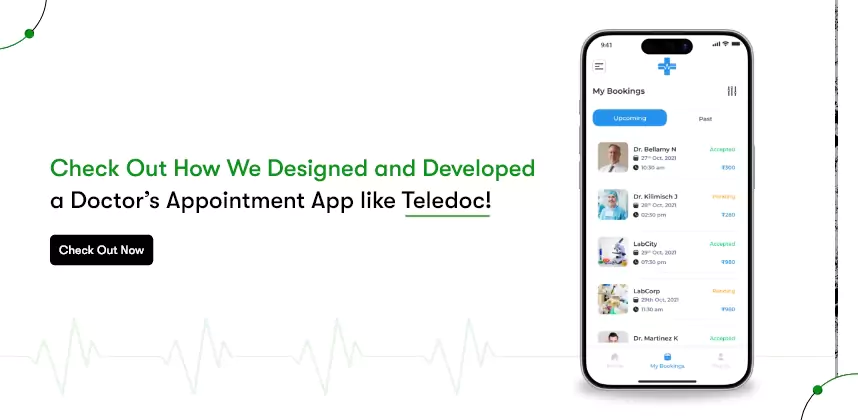
What technology should you use to build a sleek and high-performing Healthcare app?
When it comes to developing healthcare apps with a wide range of features, including AI-driven capabilities, one technology stands out as an exceptional choice: Flutter. Flutter is a cross-platform app development framework built by Google that enables web, desktop, and mobile app development from a single codebase.
Flutter has emerged as the ultimate technology for healthcare app development. It offers a plethora of advantages that align perfectly with the requirements of the healthcare industry.
Let’s explore why healthcare companies should strongly consider Flutter for their app development endeavors.
Cross-Platform Compatibility:
Flutter’s cross-platform nature allows healthcare organizations to build apps that run seamlessly on iOS and Android devices. This significantly reduces development time and costs while ensuring consistent user experiences across different platforms.
Rapid Development:
Flutter’s hot reload feature enables developers to see real-time updates as they make changes to the app’s code. As a result, developers can code faster, making implementing features and enhancements easier.
Natively Beautiful UI/UX:
Flutter provides a broad range of pre-designed widgets and libraries, allowing you to create visually appealing and user-friendly interfaces. Since Healthcare apps need to be intuitive and attractive, Flutter simplifies the complexity of frontend development.
High Performance:
Flutter’s compiled programming language, Dart, enables healthcare apps to perform excellently. This ability comes in handy for AI-driven apps that require quick data processing and smooth user interactions.
Integration with AI and ML:
Flutter seamlessly integrates with AI and ML libraries and frameworks, making it the ideal choice for developing AI-driven healthcare apps. Whether you need to incorporate machine learning algorithms for diagnosis or AI chatbots for patient engagement, Flutter can handle it.
Security and Compliance:
Healthcare apps demand stringent security and compliance measures to protect sensitive patient data. Flutter offers robust security features and allows developers to implement encryption and compliance standards effectively.
Cost-Efficiency:
Flutter’s single codebase for multiple platforms reduces development and maintenance costs, making it an economically sound choice for healthcare companies.
Future-Proofing:
Google backs Flutter and enjoys continuous updates and improvements. This ensures your healthcare app remains up-to-date and compatible with evolving technologies and platforms.
If you want to leverage all the above benefits, hire Flutter developers with healthcare industry expertise. It’s hard to find, trust me!

Healthcare Mobile App Development Process
Before you rush to approach and hire any healthcare app development company, you should learn the ropes of app development and how to execute your healthcare app idea professionally.
Target real health problems
As discussed earlier in the post, many business cases exist in the healthcare app development niche. In other words, you have to decide what type of healthcare or medical-related problems you want to solve.
For example, you can build a mental health app that alleviates stress, medicine delivery, or a telehealth app to help patients get medical assistance without stepping out into the real world. Or a fitness and yoga app may tickle your business fancy.
Know your audience
Your audience is who you want to use your healthcare app. By putting yourself into their shoes, only you can understand and draft a business model that can attract them and increase your revenue. While defining your user persona, you must consider their gender, age, average income, lifestyle, location, and difficulties they face.
Learning demographics and how your audience avails of existing solutions will help you efficiently map user journeys on your app. Furthermore, the discovery also aids in designing an engaging app that your target audience finds attractive.
Create an MVP
Once you conclude all the research and study, you shall start creating a Minimum Viable Product with your development team. You better hire professional mobile app developers if you don’t have a team. There are many benefits of launching MVP before launching the final version, such as;
- MVP accelerates time to market as it contains only functionality needed to operate the app;
- Helps you test and validate your healthcare app idea;
- You can verify if there is actually demand for what you are investing your time and money on;
- It is a cost-effective way to strategize your final product development;
- You can even show a working app to investors to attract funds;
Receive feedback and iterate
Now that you have your MVP ready, it is time you launch it in the market and get your audience to use and review your healthcare app. You should also use some marketing tactics, such as social media marketing, to make people aware of the solution and the benefits you offer.
As you start getting users, who will be called early adopters, never forget to ask for their experience and feedback. Such reviews will be helpful for your final product development. You can analyze what features your users might want, if the design needs to alter, and if the user journey is well mapped out. And as per your analysis, you can iterate your app to make it more user-centric.
You can test, launch, and iterate after every build. Therefore, we say the app development cycle is endless.
Things to Consider Before the Healthcare Mobile Application Development
Regulations
One of the biggest concerns regarding healthcare apps is the regulation they may encounter. There might be many kinds of rules imposed by the government of a particular region or country. Therefore, you must research and adhere to the guidelines and codes of conduct of the targeted location of your healthcare app.
Data security
Data security is a non-negotiable requirement in the digital world, specifically in the healthcare app industry. Since your app will store and process sensitive data of users, you need to implement appropriate technology to keep data safe, encrypt, and separate from other data to protect it from being accessed by hackers.
Nice to have features
You need some engaging, advanced-level features besides your MVP features, which will only make your app function. Such features are to add value to your healthcare app and give users reasons to come back. Basically, advanced features make the healthcare app more user-friendly and stand out the app from the rest. You can invent advanced features as per your requirements or app nature, for example;
- Multi-factor authentication
- Personalized healthcare services
- Wearable support to track heart rate, etc.
- Virtual Reality for immersive doctor-patient experience
- AI chatbot for 24/7 customer support.
How Much Does It Cost to Develop a Healthcare App?
The cost of mobile healthcare application development depends on several factors and varies from project to project. Typically, it costs more to develop a mobile app than a website. On average, developing a mediocre healthcare app can cost from $40,000 to $600,000 or more. It purely depends on the size and complexity of the project.
Besides, there are different healthcare apps like the specialist, patient, doctor, pharmacy, lab, etc. And other apps require distinct features and integrations that can also oscillate the development budget.
Then other factors influence healthcare app development costs, for example:
- The type of healthcare app;
- The number and complexity of app features;
- Third-party integrations and their charges;
- Research and UI/UX Designing;
- Backend development;
- Quality analysis and testing;
- Technologies, tools, and plugins;
- Developers’ salary or development rate;
- Maintenance and marketing.
For a detailed understanding of app development costs, check out the complete guide here: Factors And Stages Greatly Affecting The Cost To Develop A Mobile App.
Why choose Kody Technolab for your Healthcare App Development?
The success of healthcare app development lies in selecting the right technology and the right technology partner. That’s where Kody Technolab comes in. As an agile and experienced technology partner, we’re committed to helping you bring your healthcare app idea to life.
With expertise in technologies like Flutter and AI integration, we’re well-equipped to guide you through the entire development journey. When you choose Kody Technolab, you’re not just choosing a partner; you’re ensuring the success of your healthcare app.
Together, we can create apps that make a real difference in healthcare, empowering individuals and improving healthcare services. So, choose Kody Technolab’s Healthcare IT Consulting and turn your vision into reality.

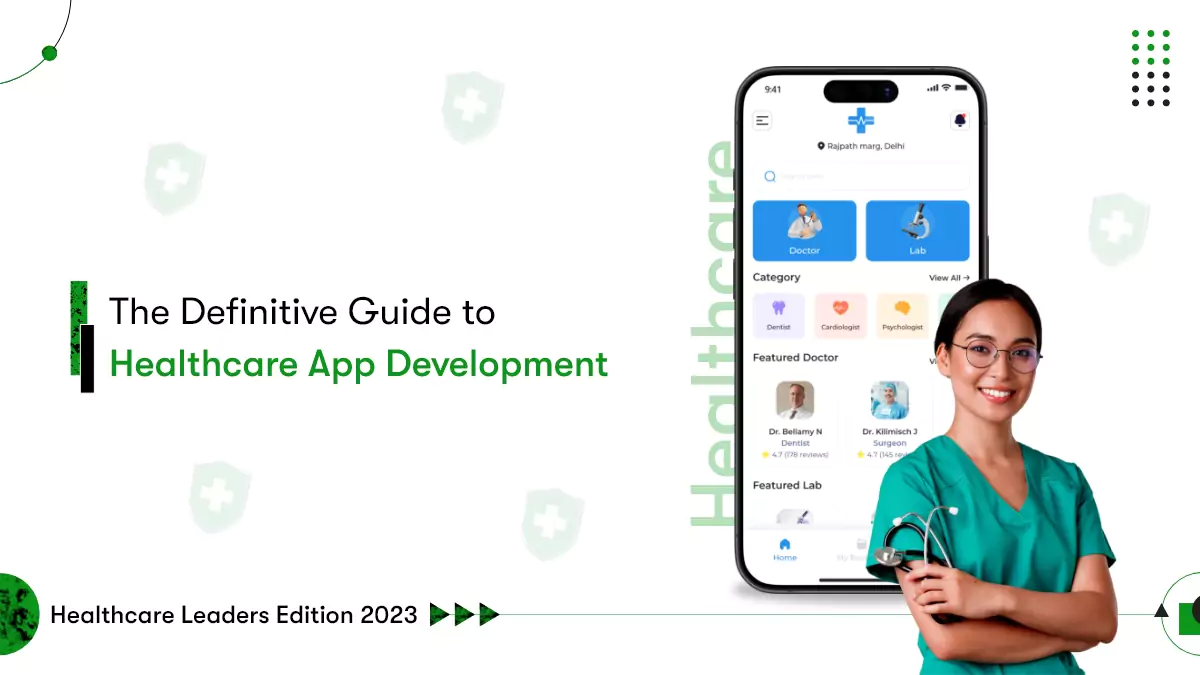
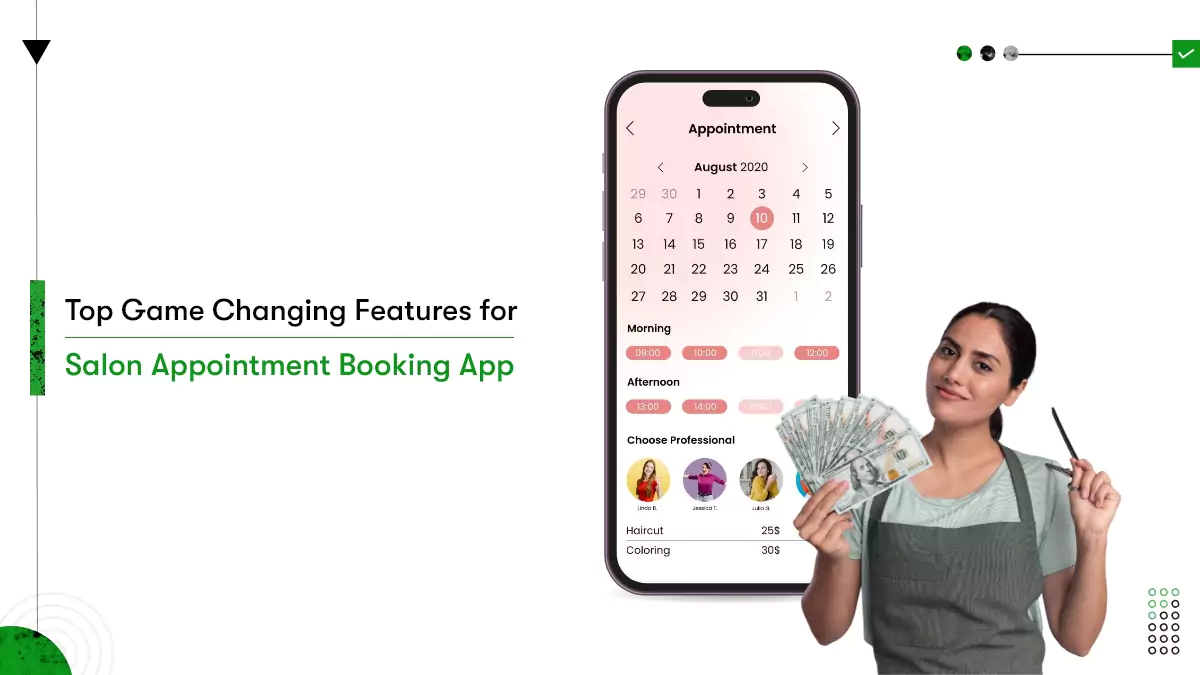
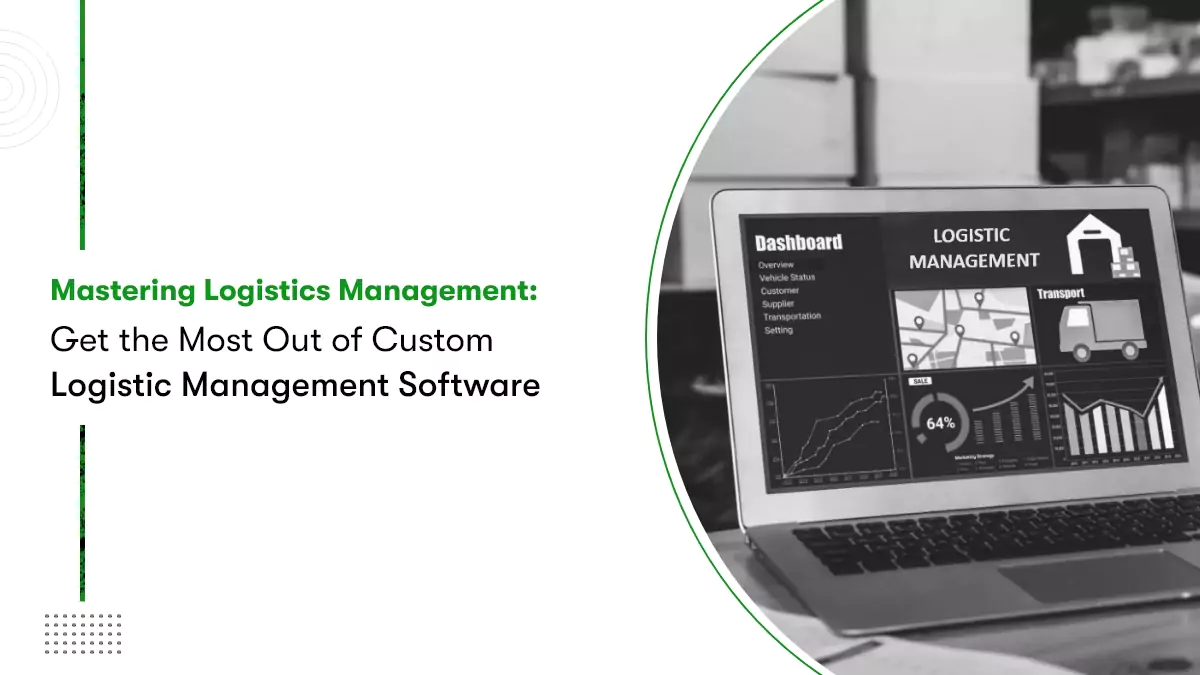
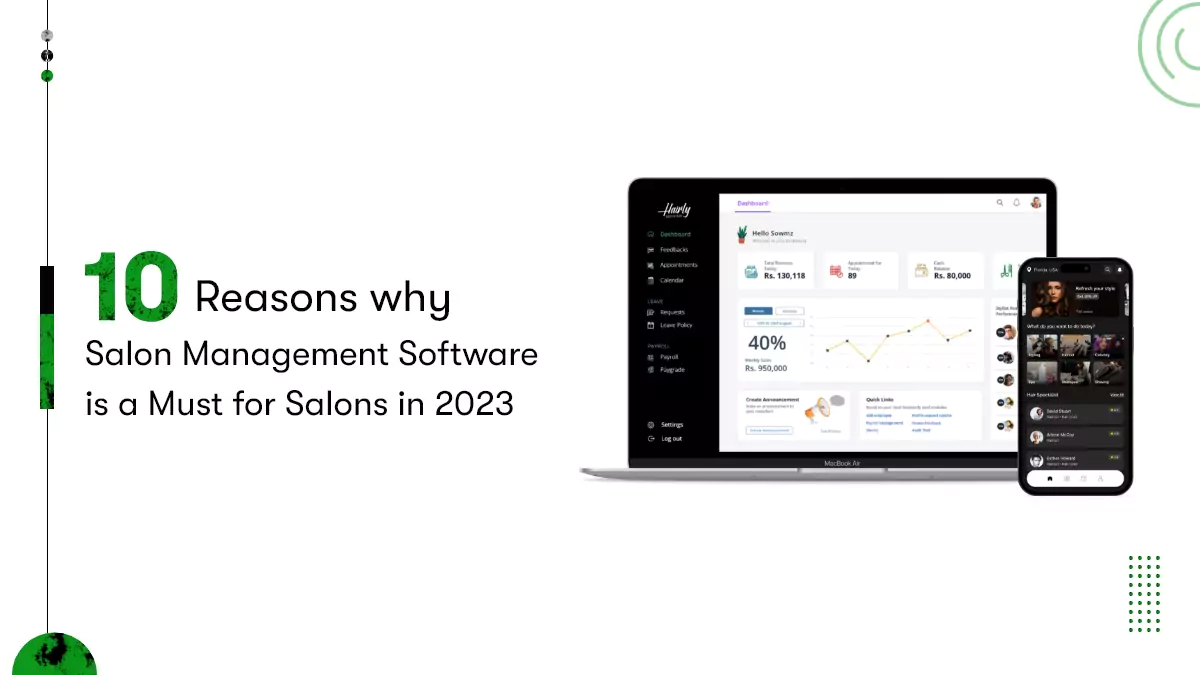

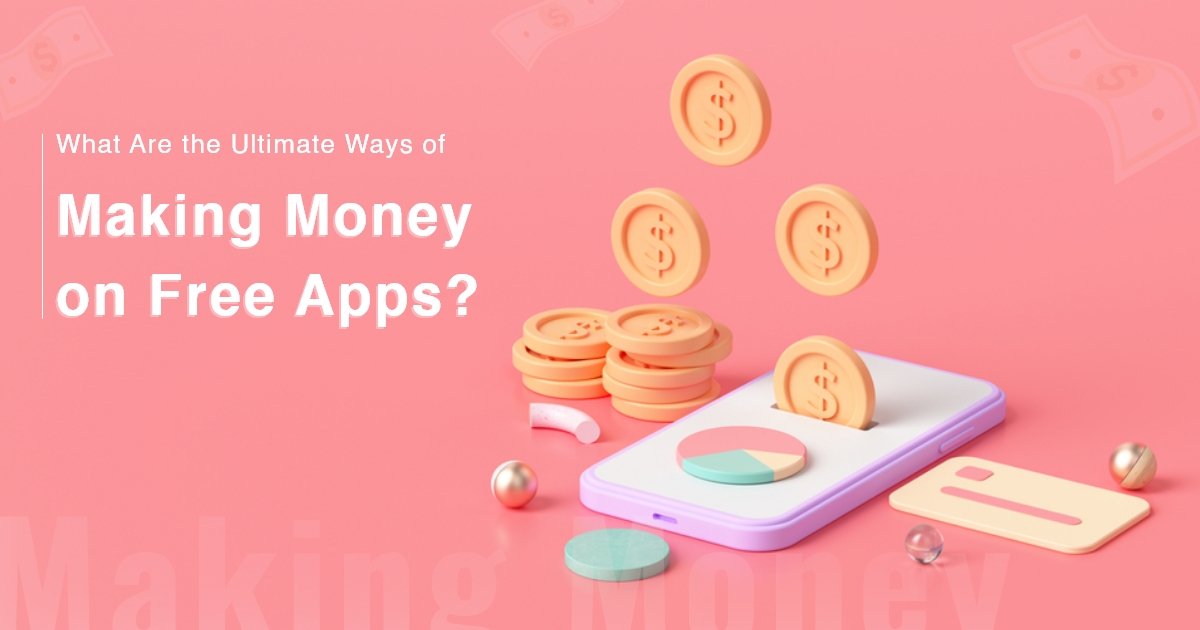





 Contact Information
Contact Information